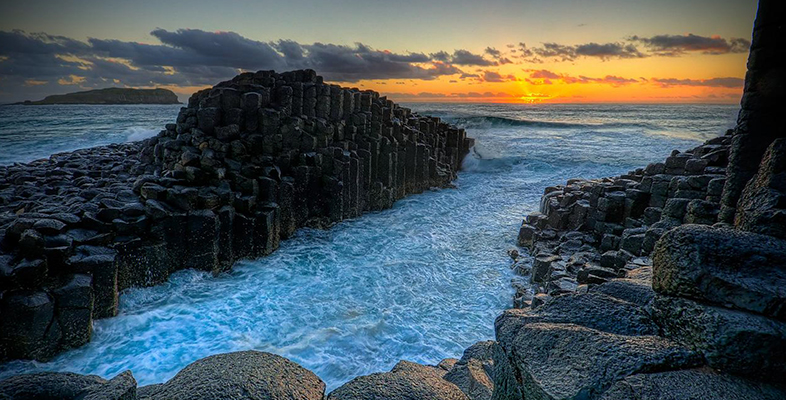2.2 Young people’s geographies
Students will be engaged by topics that they see as relevant. How would you define relevance? It could mean that knowledge is relevant to one or more of the following:
- the location or country students live in
- students’ experiences of these locations and issues affecting their lives
- current world issues
- student interests.
(Roberts, 2014, p. 203)
Several initiatives by the Geographical Association have aimed to help teachers make geography more relevant to young people. Many of these build on an enquiry approach. The Young People’s Geographies Project (YPG) recognised that students have different experiences and interpretations of their environments, which result in ‘personal geographies’.
Reflection point
Can you apply this concept to a young person living in a UK inner city estate?
How would their ‘personal geography’ of the city differ from that of an affluent commuter?
Experiences of an urban area will differ within and between peer groups in terms of transport and recreational choices, social interactions, identity, issues of personal safety and much more. Furthermore, young people are part of the geography of any place. Biddulph (2010, p. 45) states that ‘young people’s daily lives shape and are shaped by a multitude of social, economic and cultural changes’.
By helping students to make more sense of their immediate surroundings, the Making My Place in the World [Tip: hold Ctrl and click a link to open it in a new tab. (Hide tip)] project addresses Roberts’ ‘relevance criteria’. Local fieldwork and classroom resources, such as starters and games, were piloted in 2011 and 2012. Students formulated their own enquiry questions and decided upon the evidence they wished to collect and methods of data collection and presentation.
Making geography relevant to students supports the development of conceptual understanding and builds on students’ existing knowledge.
Activity 5 Young People’s Geographies
Visit Young People’s Geographies. Start by watching the video at the bottom of the page, in which students answered the question ‘Have you learned anything about geography?’
Look through one or more of the case studies under the ‘Resources & Ideas’ tab:
- Comparing Areas
- ITE Case Study
- My Place
- The ‘What If’ Project
- Maps of Experience.
You might also have personal experience of similar approaches in your own teaching and learning ‘biography’. If so, include this as you consider the following:
- How far can the approaches and philosophy demonstrated in the examples you are considering be embedded through the curriculum?
- What do you see as the greatest opportunities?
- What do you see as the biggest constraints? How can you address these?
